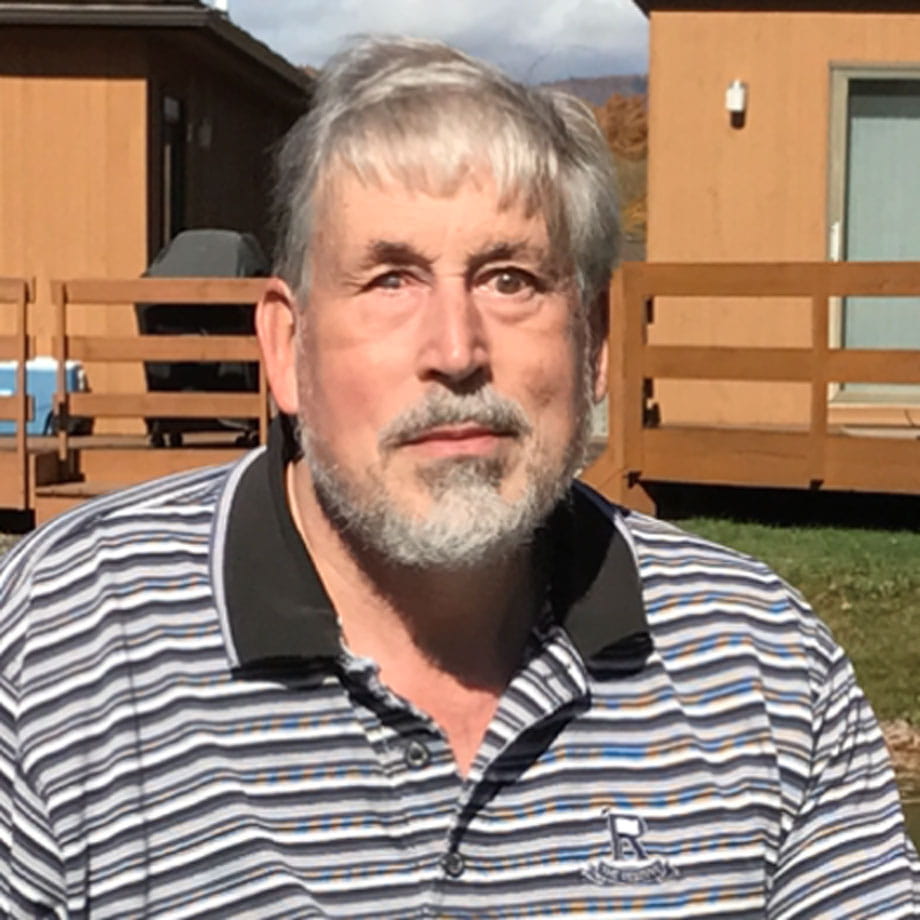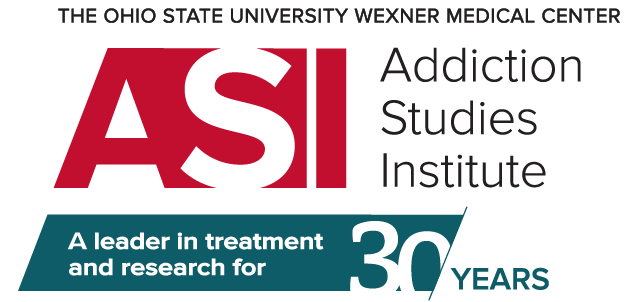The Addiction Studies Institute conference convenes leading experts from across the country to provide you with the tools and knowledge you need to serve those struggling with addiction.

2026 Annual Conference
August 5: hybrid (virtual or in-person)
August 6: hybrid (virtual or in-person)
August 7: virtual only
Location: Nationwide & Ohio Farm Bureau 4-H Center
2201 Fred Taylor Dr, Columbus, OH 43210
Interested in participating as a vendor? Contact Tamara.Buhrts@osumc.edu.
Get ready to present at the 35th Annual 2026 Addiction Studies Institute Conference!
Registration
Register today for The Ohio State University Wexner Medical Center Addiction Studies Institute (ASI) annual conference being held August 5-7, 2026. Each year this conference brings you the latest trends and topics in substance use disorders. Join us to hear from knowledgeable and dynamic speakers, earn CEU credits and more!
We’re excited to offer attendees options that work best for your schedule. August 5 and 6 will be hybrid (virtual or in person) and August 7 will be virtual only. Register today to receive an early-bird discount on conference registration.
Note: To ensure a seamless experience be sure to use the same email address for registration that you plan to use for virtual access into the conference.

Get the education credits you need
You can choose from entry-level to advanced sessions to fit your requirements based on your profession.

Nationally recognized experts here for you
Leading experts in addiction medicine come together to give you the most up-to-date guidance and tools.
Testimonials from Past Attendees
 Brad Lander, PhD, LICDC-CS – The Ohio State University Wexner Medical Center
Brad Lander, PhD, LICDC-CS – The Ohio State University Wexner Medical Center
The Addiction Studies Institute (ASI) Conference has several goals, but one of the most important is for attendees to walk out with skills they can put into practice. The materials covered in sessions are not all theoretical; people can come out of the conference and do something better because conference planners who dedicate each day to trying to make the lives of the people working with alcohol and substance abuse better. Brad Lander, PhD, LICDC-CS, psychologist at the Ohio State Wexner Medical Center and longtime conference attendee, says “a lot of people look forward to (the conference) because it’s always different; there are few things we do the same.” Dr. Lander says that the ASI Conference leverages and incorporates up-to-date information as part of the workshops and presentations. “The ASI Conference rotates sessions when newer, more relevant information comes to light and gives attendees the opportunity to continue their growth of knowledge. I’m always pulling something from the institute and the conference.”
 Pat Bridgeman, retired lobbyist and longtime conference attendee
Pat Bridgeman, retired lobbyist and longtime conference attendee
The Addiction Studies Institute (ASI) Conference has several goals, but one of the most important is for attendees to walk out with skills they can put into practice. The materials covered in sessions are not all theoretical; people can come out of the conference and do something better because conference planners who dedicate each day to trying to make the lives of the people working with alcohol and substance abuse better. Brad Lander, PhD, LICDC-CS, psychologist at the Ohio State Wexner Medical Center and longtime conference attendee, says “a lot of people look forward to (the conference) because it’s always different; there are few things we do the same.” Dr. Lander says that the ASI Conference leverages and incorporates up-to-date information as part of the workshops and presentations. “The ASI Conference rotates sessions when newer, more relevant information comes to light and gives attendees the opportunity to continue their growth of knowledge. I’m always pulling something from the institute and the conference.”
 Jeff Langstaff, 30-year conference attendee
Jeff Langstaff, 30-year conference attendee
According to longtime conference attendee Jeff Langstaff, there are three great reasons to attend the ASI Conference: skill building, gaining current knowledge to provide quality care and networking. Langstaff, one of the longest, most consistent attendees of the conference, has been involved with ASI for over 35 years. He praises the conference as it celebrates its 30th year for the skills he’s learned from attending the conference all those years. He’s also grateful the ASI Conference continues to find new and developing ideas, and that it models in-the-field practices and methodologies. Langstaff encourages attendees to absorb as much information as possible to include in their practices. The ASI conference experience connects attendees to professionals all over Ohio and beyond, and Langstaff says networking can expand the attendees’ knowledge in the field, open attendees to different ideas, and let attendees refer someone or get backgrounds on other programs. “The ASI conference helps attendees grow professionally and gives them the tools to make a difference in their work,” he says.
Hear from past attendees:

The Ohio State University Wexner Medical Center and Ohio State Talbot Addiction Medicine thank you for the work that you do every day in the fight against addiction and substance use disorders, especially in these challenging pandemic times. It's your expertise and experience that inspire this conference.
Questions about the conference? Contact Tamara Buhrts at Tamara.Buhrts@osumc.edu

